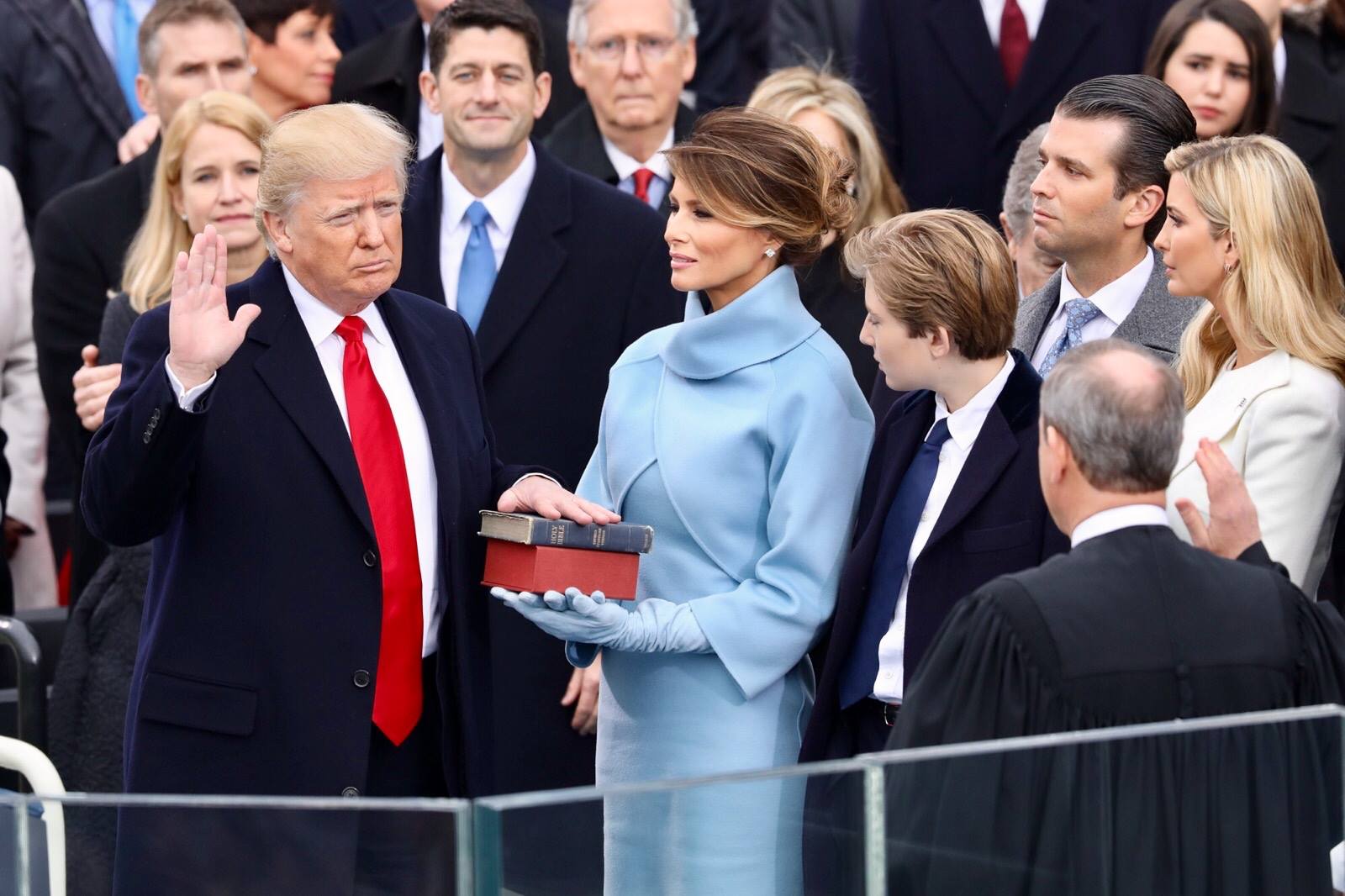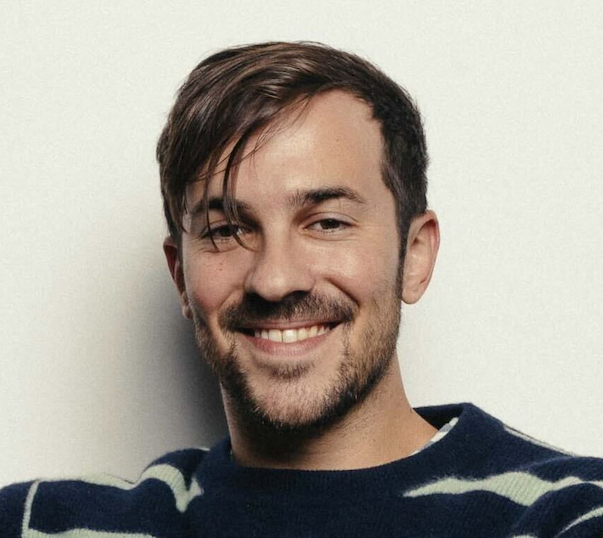The Jan. 6th Committee on Why Oaths Matter
The committee chair and vice chair told the story of Jan. 6 as a day of oaths upheld and broken.

Published by The Lawfare Institute
in Cooperation With

Rep. Bennie Thompson opened his committee’s hearings on the Jan. 6 insurrection by discussing not just the recent memory of the Capitol riot, but something that happened over 150 years earlier: the Civil War. He was born, he said, in “a town … midway between Jackson and Vicksburg, Mississippi”—both sites of major Union victories that helped turn the tide of the war in 1863. “I’m from a part of the country where people justify the actions of slavery, Ku Klux Klan, and lynching,” Thompson explained. “I’m reminded of that dark history as I hear voices today try and justify the actions of the insurrectionists of January 6, 2021.” And he pointed to the oath of office sworn by himself and his fellow committee members, and highlighted its origin story: “The words of the current oath taken by all of us—that nearly every United States Government employee takes—have their roots in the Civil War.”
The role of the oath, and the historical lineage behind it, has come up again and again during the select committee’s hearings on its investigation into the Jan. 6 riot. During the first hearing, not just Chairman Thompson but also Vice Chair Liz Cheney and Capitol Police Officer Caroline Edwards referenced oaths throughout the hearing—emphasizing the importance of the solemn promise they made to “support and defend the Constitution of the United States against all enemies, foreign and domestic.” And in his prepared statement released before the committee’s third hearing on June 16, retired Judge Michael Luttig wrote, “Today’s politicians believe that they never have to choose between partisan party politics and country, when in fact they are obliged by oath to choose between the two every day[.]” Greg Jacob, counsel to Vice President Mike Pence, likewise referenced Pence’s commitment to his own oath.
On one level, focus on the oath might seem strange. Why spend this time discussing the matter of the oath sworn by government officials, when every minute spent on that topic is a minute not spent talking about the lawbreaking committed by insurrectionists or the culpability of President Trump and those around him in the violence? But the references made to the oath throughout the June hearings speak directly to how the committee seems to understand the nature of its work and its responsibility to the public. In broadcasting the truth of what happened on Jan. 6, the select committee is underlining the extent to which Trump breached his own presidential oath by encouraging the attack on Congress—and what this breach represented as a betrayal of the country’s democratic traditions. And the committee, made up of members of Congress who also swore an oath, is taking the opportunity to play a unique role in reflecting on the nature of the promise that government officials make to the American people.
The president is the federal government’s most prominent swearer of an oath, and the presidential oath is the only one whose language is set out explicitly in the constitutional text. But as Thompson reminded viewers, the president’s pledge to “preserve, protect, and defend the Constitution” is not the only such oath required by that document. The Constitution also provides that members of Congress—along with state legislative officials and judicial and executive officials at both the federal and state levels—“shall be bound by Oath or Affirmation, to support this Constitution.” The committee portrayed the constitutional oath as the sine qua non of government service, and it put forward its own argument for what fidelity to the oath and the Constitution mean. As Cheney said at the hearing’s closing:
In our country, we don’t swear an oath to an individual, or a political party. We take our oath to defend the United States Constitution. And that oath must mean something. Tonight, I say this to my Republican colleagues who are defending the indefensible: There will come a day when Donald Trump is gone, but your dishonor will remain.
The committee chair and vice chair told the story of Jan. 6 as a day of oaths upheld and broken. Oath talk abounded—Thompson, Cheney, and the witnesses uttered the word almost 20 times. For Thompson, “the police officers who held the line that day honored their oath,” including Edwards, who objected to rioters calling her “a traitor to my country, my oath, and my Constitution.” Cheney hinted at then-Vice President Mike Pence’s oath adherence when she spoke of his “higher duty to the United States Constitution,” which Pence’s chief of staff made explicit in prerecorded testimony played at the hearing: “I think [Vice President Pence] ultimately knew that his fidelity to the Constitution was his first and foremost oath.” Cheney also praised Trump-appointed lawyers Jeffrey Rosen and Richard Donoghue as oath faithfuls. “These men honored their oaths of office,” Cheney said. “They did their duty, and you will hear from them in our hearings.”
As Thompson said, the oath currently sworn by members of Congress and federal law enforcement like Edwards has its origins in the Civil War. But the preeminence of oaths in American government goes back to its founding. Even before the Constitution was drafted, the Continental Congress adopted in 1778 a requirement that federal officers swear an oath of loyalty to the United States. A few years later, the framers mandated oaths in Article I, Article II, Article IV, and the Fourth Amendment of the Constitution. And the first Congress of the United States passed as its very first law a statute regulating the administration of oaths.
From 1789 onward, officials swore simply to “support the Constitution of the United States." During the Civil War, however, Congress developed this language into the far more involved “Ironclad Test Oath,” committing swearers not only to “support and defend the Constitution of the United States, against all enemies, foreign and domestic” but also to promise that they had “never voluntarily borne arms against the United States” or engaged in other acts of disloyalty. The oath was later revised further to make room for service by former Confederates—but the change to the text in the midst of the fighting speaks to the importance of the oath in affirming a commitment to certain core principles undergirding the nation. Likewise, Congress reaffirmed the sanctity of oaths through the passage of the 14th Amendment, which, in Section 3, bars from holding office any individual who had previously sworn an oath to support the Constitution but then “engaged in insurrection or rebellion.”
Perhaps the most well-known commentary on the oath comes from Justice Joseph Story, who wrote in “Commentaries on the Constitution” that oaths “have a solemn obligation upon the minds of all reflecting men”—a “proposition” that he considered “too clear to render any reasoning necessary in support of it.” The necessity of the oath, according to Story, comes from “the plain right of society to require some guaranty [sic] from every officer, that he will be conscientious in the discharge of his duty.” Writing over a century later, Chief Justice William Rehnquist similarly argued that the Constitution’s oath requirement aims to “assure that those in positions of public trust [are] willing to commit themselves to live by the constitutional processes of our system.”
Oaths are solemn, ceremonialized promises tied to institutions and made before witnesses. In that sense, they are political statements. But oaths, as Story’s and Rehnquist’s words suggest, are more than that. To make an oath is to swear not only to do what one has promised to do, but to do one’s part to ensure that oaths carry a moral weight that surpasses all other promises.
For this reason, the Jan. 6 committee’s emphasis on oaths acted—sometimes implicitly and sometimes explicitly—as a rebuke of Trump. As one of us has written, the former president’s self-regard and strained relationship with reality arguably makes him a person incapable of understanding or shouldering the moral weight required by the oath. It’s telling that, when he spoke at the Ellipse on Jan. 6, Trump rhetorically embraced the Constitution before suggesting that it wasn’t binding after all. At first, he referred to the Constitution that he had sworn to protect and defend again and again: “Mike Pence is going to have to come through for us, and if he doesn’t, that will be a sad day for our country because you’re sworn to uphold our Constitution,” he said. “We’re supposed to protect our country, support our country, support our Constitution, and protect our constitution,” he added. But near the end of his speech, he effectively conceded that he is willing to dispense with the Constitution when, in his judgment, something has gone wrong: “When you catch somebody in a fraud, you’re allowed to go by very different rules.”
In the first hearing, Cheney contrasted loyalty to the Constitution with the fealty Trump demanded to himself alone when she commented that, “In this country, we don’t swear an oath to an individual or a political party. We take our oath to defend the United States Constitution.” The argument the committee is making here is not just that those opposing the “big lie” and battling the insurrection honored their oaths; it’s that Trump, and those who supported him, betrayed those promises. Or perhaps they were incapable of swearing them honestly in the first place.
Trump was not the only person involved in the attack on Congress who swore an oath. According to the latest count from the George Washington University Program on Extremism, 101 of the rioters so far charged by the Justice Department had military experience, meaning they swore a similar oath. Some of these were members of the perversely named Oath Keepers, one of the two extremist groups frequently mentioned throughout the first Jan. 6 hearing. Founded in 2009, the Oath Keepers actively recruit current and former members of the military, law enforcement, and other public safety positions to defend their extremist interpretation of the Constitution.
In a sense, the committee is presenting its own understanding of the oath as historically and morally rooted in a way that Trump’s shallow invocation of the Constitution—and the Oath Keepers’ violent vision of governance—is not. And as members of Congress, the investigators are uniquely positioned to weigh in on that meaning. Or as Thompson put it of the committee members:
All of us have one thing in common. We swore the same oath, that same oath that all members of Congress take upon taking office and, afterwards, every two years if they are reelected. We swore an oath to defend the Constitution against all enemies, foreign and domestic.
They believe themselves to be acting in service of their oath by conducting this investigation. As Thompson put it: “I come before you not as a Democrat, but as an American who swore an oath to defend the Constitution.” And in their argument, they, not Trump and not the Oath Keepers, are the true guardians of the oath’s significance.
Understanding this helps untangle the main questions at the heart of the committee’s investigation: What is its aim? What would success look like? When these hearings end or when a report is released, there will be no formal pronouncement; Congress already failed to impeach Trump, and there is no jury to deliver a verdict. Besides, the committee has not defined its intended audience beyond vague and predictable references to “the American people.” Who is it trying to convince, and of what?
Some commentators have argued the committee’s work is primarily about marshaling the facts and telling the story, with an eye toward creating a historical record. More of them, though, are focused on how the committee’s work may translate into a criminal case that could be referred to the Justice Department for prosecution. This view implies that the committee’s investigation will have failed if, at the end of the day, it does not provide enough evidence or build a strong enough case to result in the indictment of Donald Trump.
But Thompson’s and Cheney’s repeated invocations of oaths suggests that the committee has a different—or at least an additional—purpose. The first branch of government, after all, is neither a “judicial power” nor a body meant to “take care that the laws be faithfully executed” through criminal prosecution. And that is precisely why the committee can use the oath to frame its inquiry. An oath is not justiciable. The FBI cannot investigate adherence to oaths because they are not enforceable as codified law. A prosecutor cannot establish that an oath has been broken by proving certain legal elements beyond a reasonable doubt, and a judge cannot adjudicate it.
What the committee can do, though, is make a public case for Trump’s having broken his oath of office and his manifest inability to swear that oath honestly—in other words, for the inconsistency of his actions on Jan. 6 with the Constitution, and for his unfitness to hold positions of public trust. It is not only an effort to prove the supremacy of their own interpretation of the oath or the Constitution it promises to support, but a plea to restore the sanctity of oaths in general. As Cheney said, “[O]ur oath to defend the Constitution ... must mean something.”
Just as the law lacks legitimacy unless those who make, enforce, and interpret it share a genuine commitment to treat it seriously, so too does an oath lack sanctity unless those who violate it are held to account. The committee’s emphasis is as much a referendum on Trump’s fidelity to the constitutional oath as it is a commentary on the broader importance of oaths to the United States’ national identity as a country governed by the rule of law. To the committee, it seems the very future of the Republic depends in part on the oath—if its leaders can keep it.




-final.png?sfvrsn=b70826ae_3)
